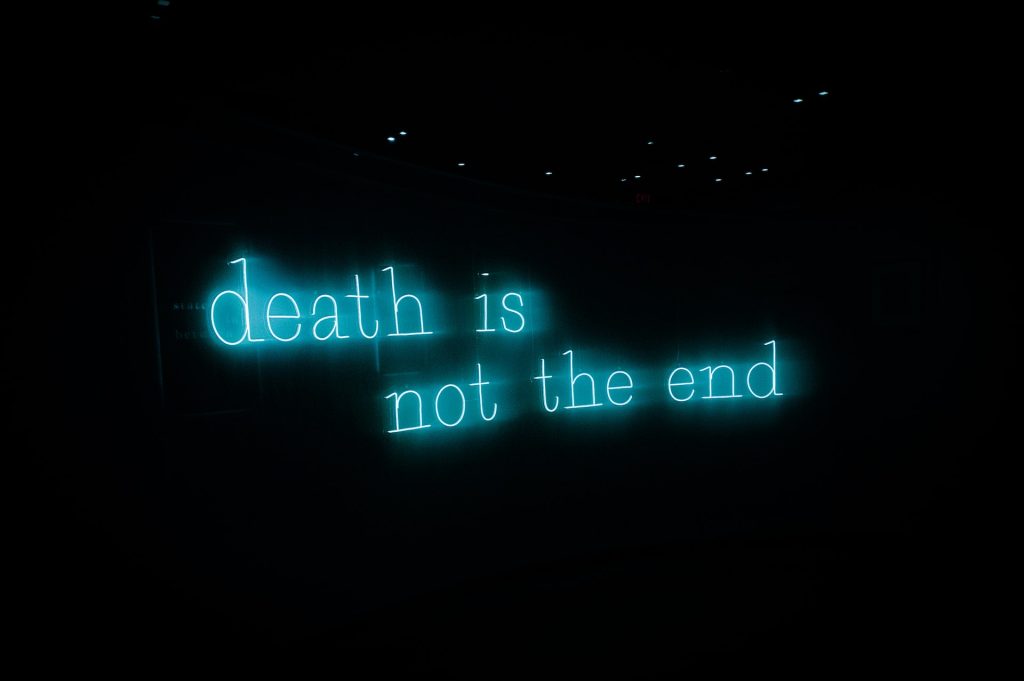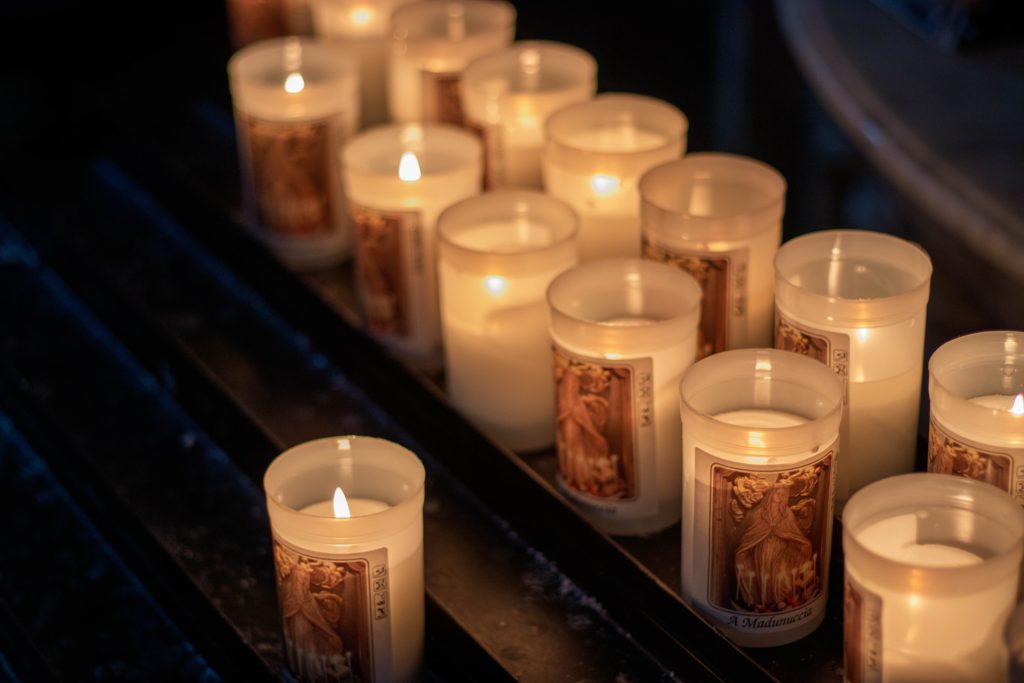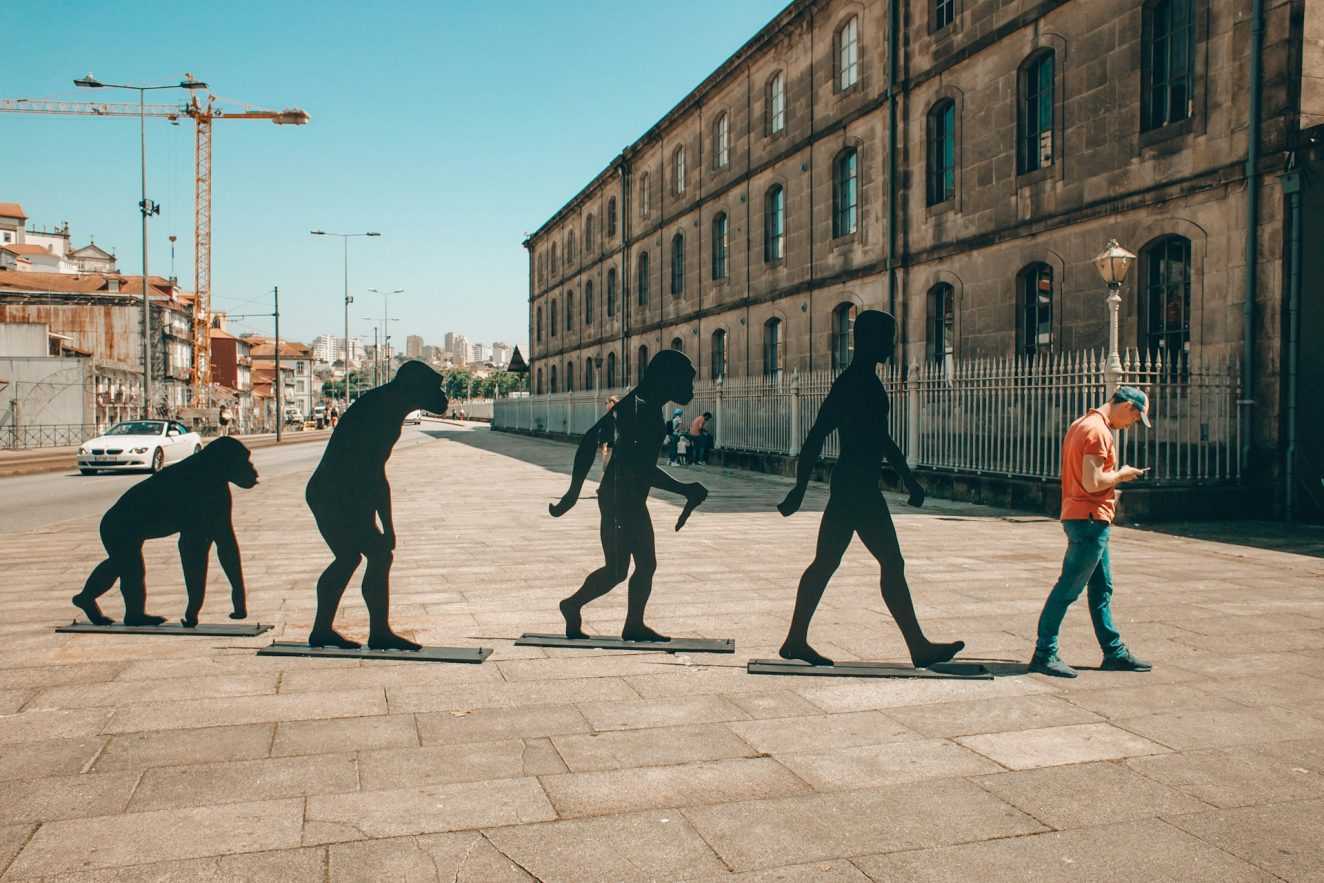The concept of an afterlife, a realm beyond this earthly existence, has been a cornerstone of human belief systems for millennia. But where did this profound notion originate, and how did it evolve through history? In this blog post, we will embark on a journey to explore the origins of belief in the afterlife, shedding light on its diverse history and the cultural, spiritual, and philosophical forces that shaped it.

Ancient Origins: The Cradle of Belief
The origins of belief in the afterlife trace back to the dawn of human civilization. Early societies, such as the ancient Egyptians and Mesopotamians, held strong beliefs in the existence of an afterlife. The Egyptians, in particular, developed intricate funeral rituals and constructed elaborate tombs to ensure a safe passage to the next world. These ancient civilizations believed in an eternal existence where the soul journeyed to a realm of the gods or an underworld.
Mythologies and Religions: Shaping Belief Systems
The development of mythologies and religions played a pivotal role in shaping the concept of the afterlife. Ancient mythologies, like those of the Greeks and Romans, featured vivid descriptions of the realm beyond death. The Greek Underworld, ruled by Hades, was a place where souls were judged and assigned their fate. Similarly, religious texts, such as the Bible and the Quran, introduced the idea of heaven, hell, and divine judgment, further solidifying belief in an afterlife.

Cultural Variations: Diverse Perspectives
Throughout history, different cultures and belief systems have offered unique interpretations of the afterlife. In Hinduism, the cycle of reincarnation is central, where the soul is reborn in various forms based on its karma. In Native American cultures, ancestral spirits played a significant role in tribal beliefs about the afterlife. The diversity of these perspectives reflects the richness of human spirituality and the cultural influences that have shaped our understanding of the beyond.
Philosophical Inquiries: From Plato to the Enlightenment
Philosophers have also contributed to the discourse on the afterlife. Plato’s “Phaedo” presents a philosophical argument for the immortality of the soul. Enlightenment thinkers like Immanuel Kant questioned traditional religious doctrines and explored the idea of moral immortality—a form of afterlife where one’s deeds and legacy live on in the memories of others.
Scientific and Secular Shifts: Modern Perspectives
As science and secularism gained prominence in the modern era, belief in the afterlife underwent transformations. While some maintained traditional religious views, others adopted a more secular perspective, viewing life as finite and the afterlife as a matter of personal belief or skepticism. The scientific exploration of near-death experiences and consciousness has sparked debates about the existence of an afterlife beyond religious dogma.

The origins of belief in the afterlife are deeply intertwined with human history, culture, philosophy, and spirituality. From the ancient civilizations of Egypt and Mesopotamia to the mythologies of Greece and the religions of the world, the concept of an afterlife has taken myriad forms. It has offered solace, guidance, and a sense of purpose to countless individuals and societies throughout time.
While belief in the afterlife continues to evolve and adapt in the modern world, it remains a powerful testament to the human quest for meaning and understanding beyond the confines of mortality. Whether rooted in faith, philosophy, or personal conviction, the concept of the afterlife continues to be a source of fascination, contemplation, and wonder, inviting us to explore the mysteries that lie beyond the veil of this earthly existence.





